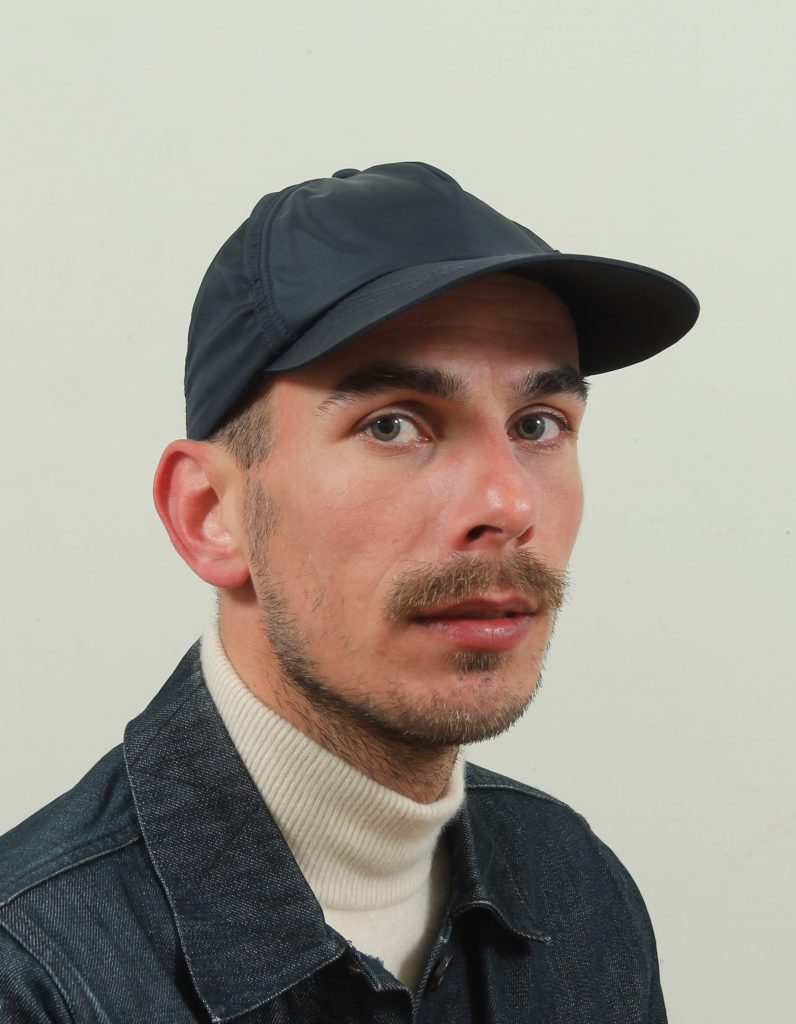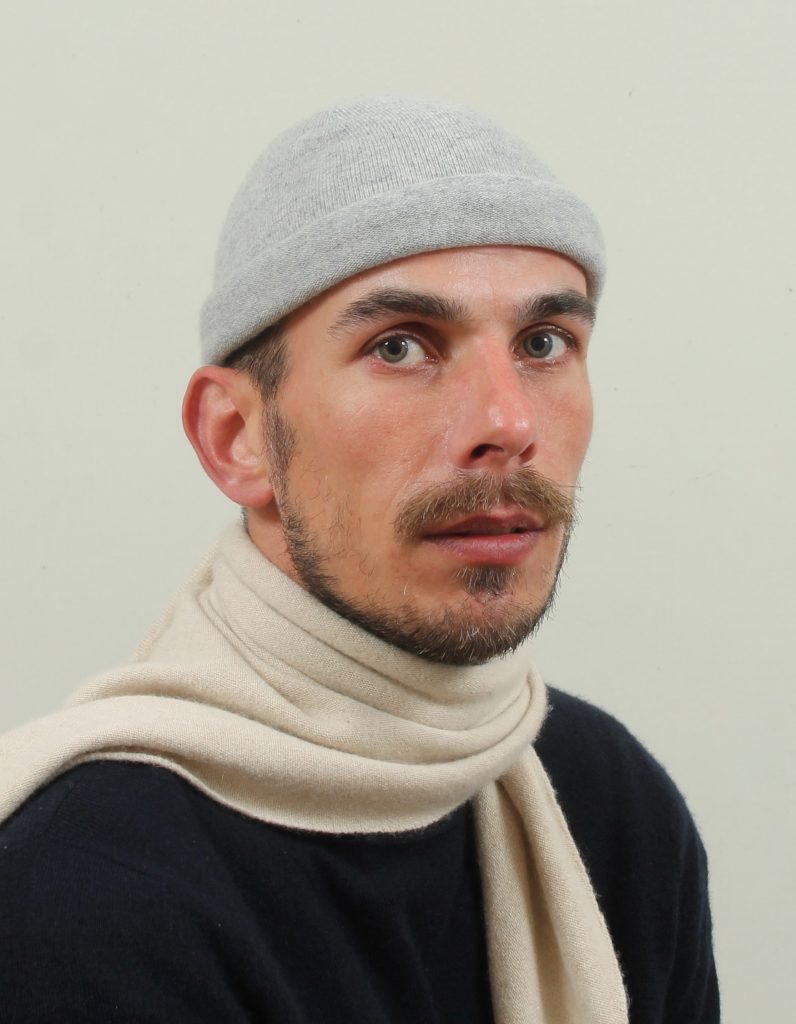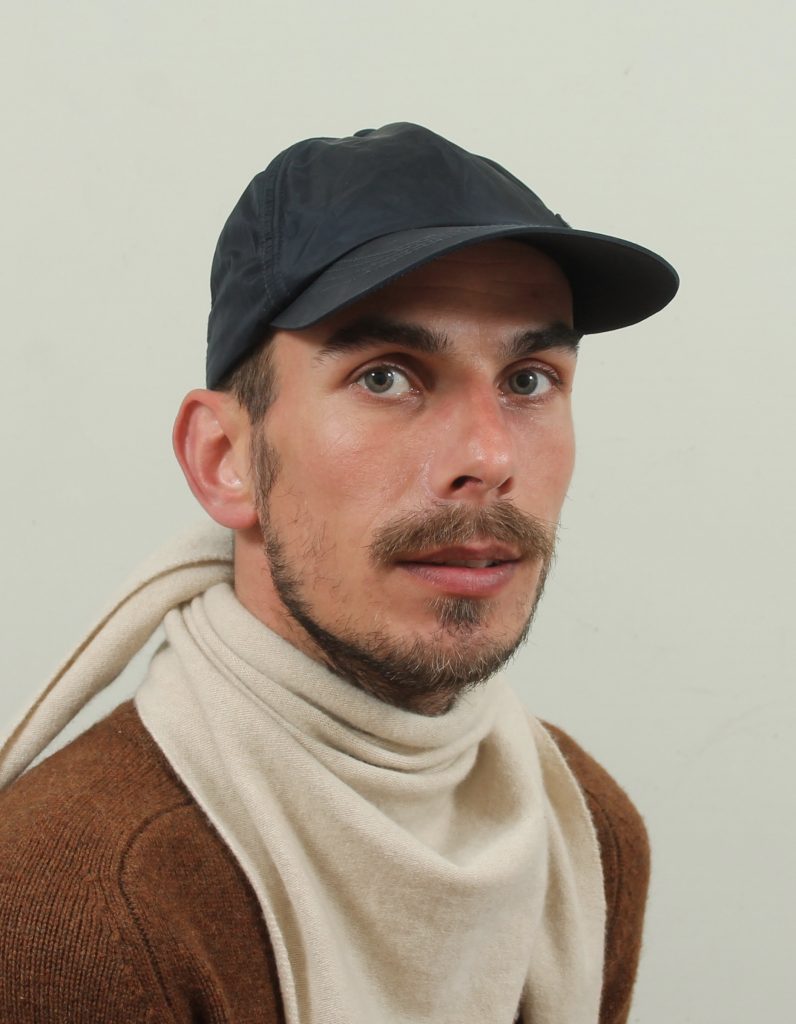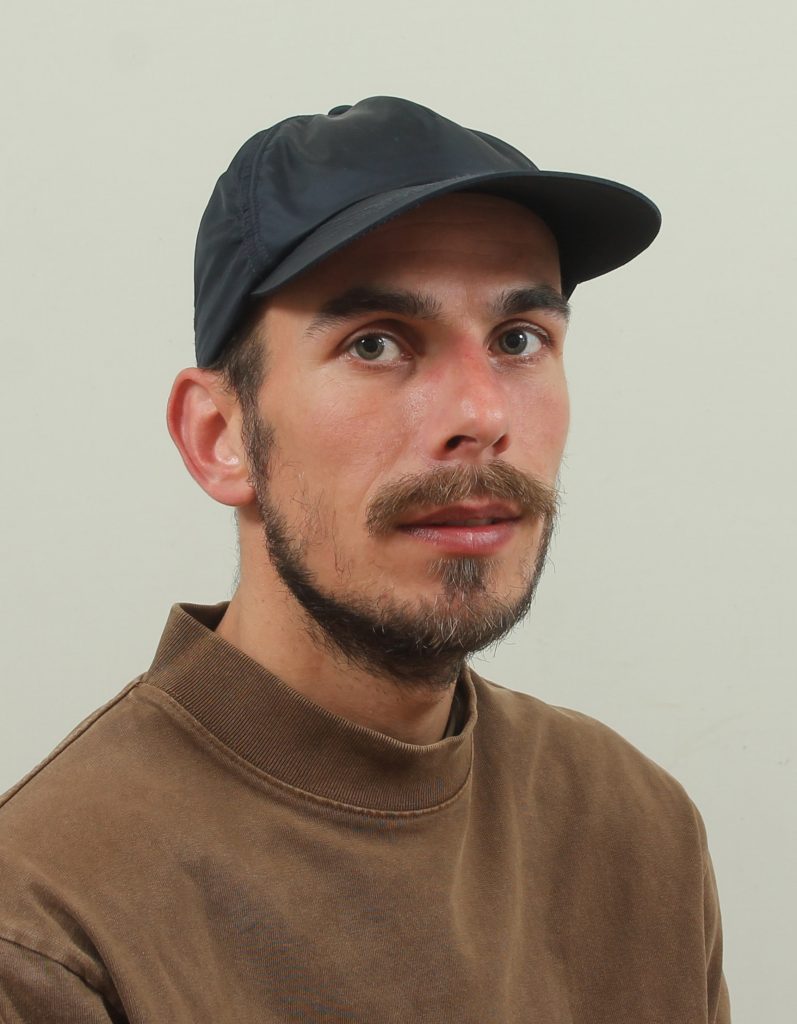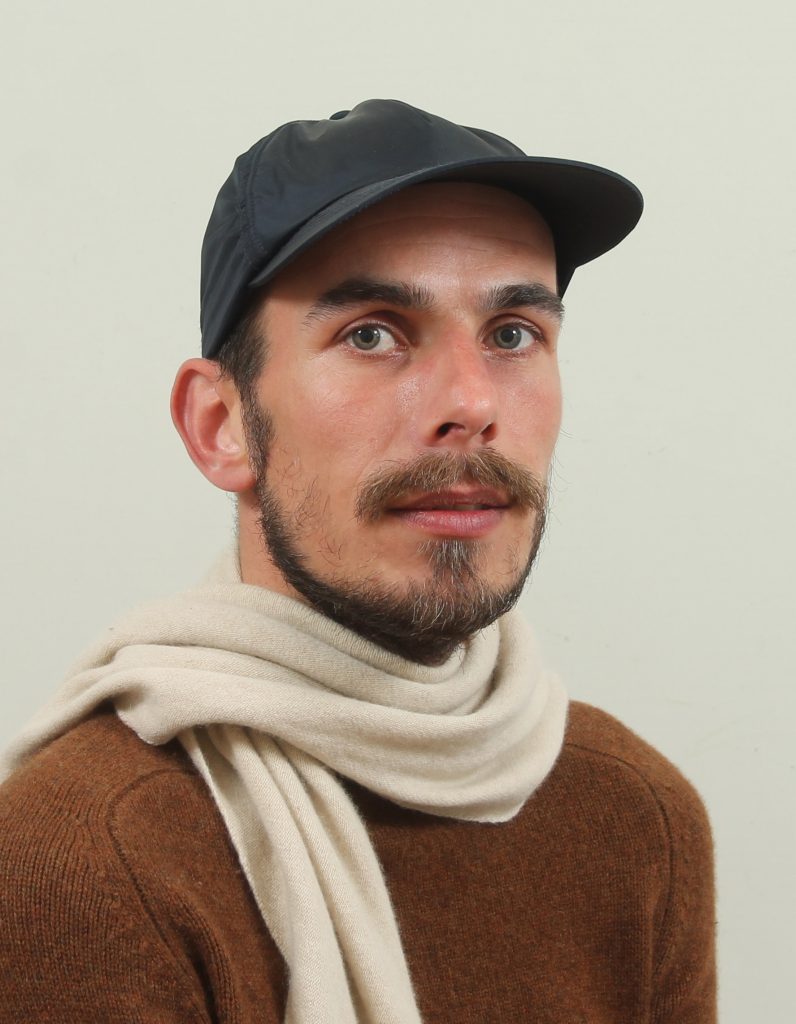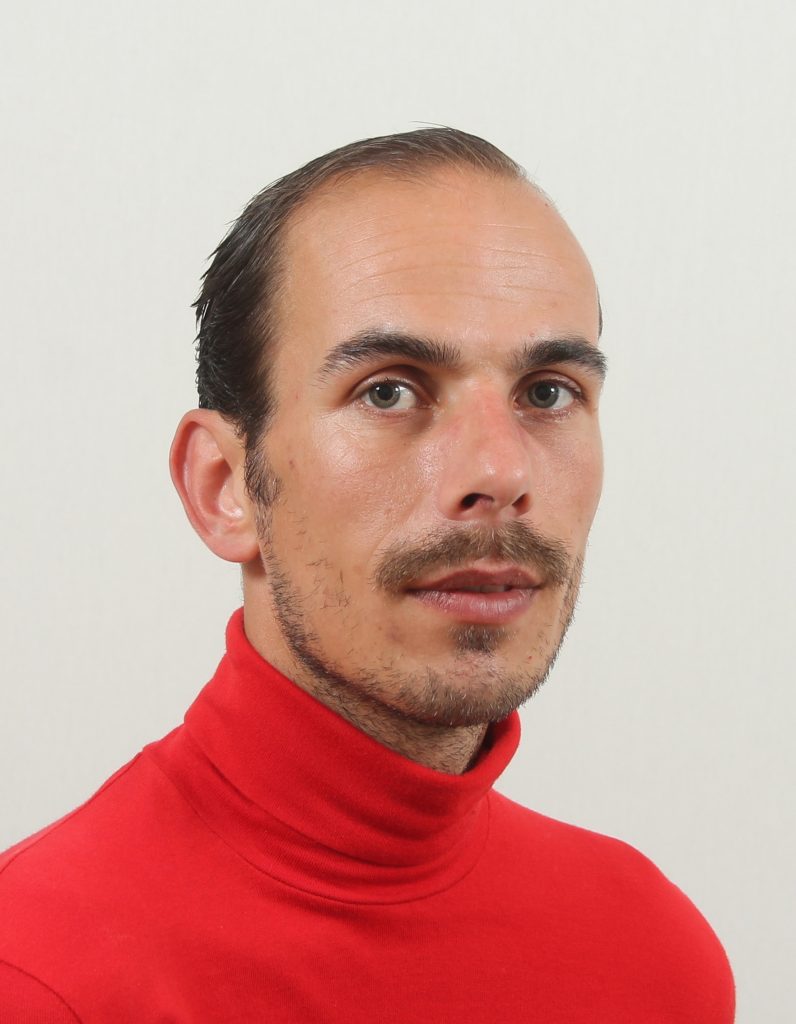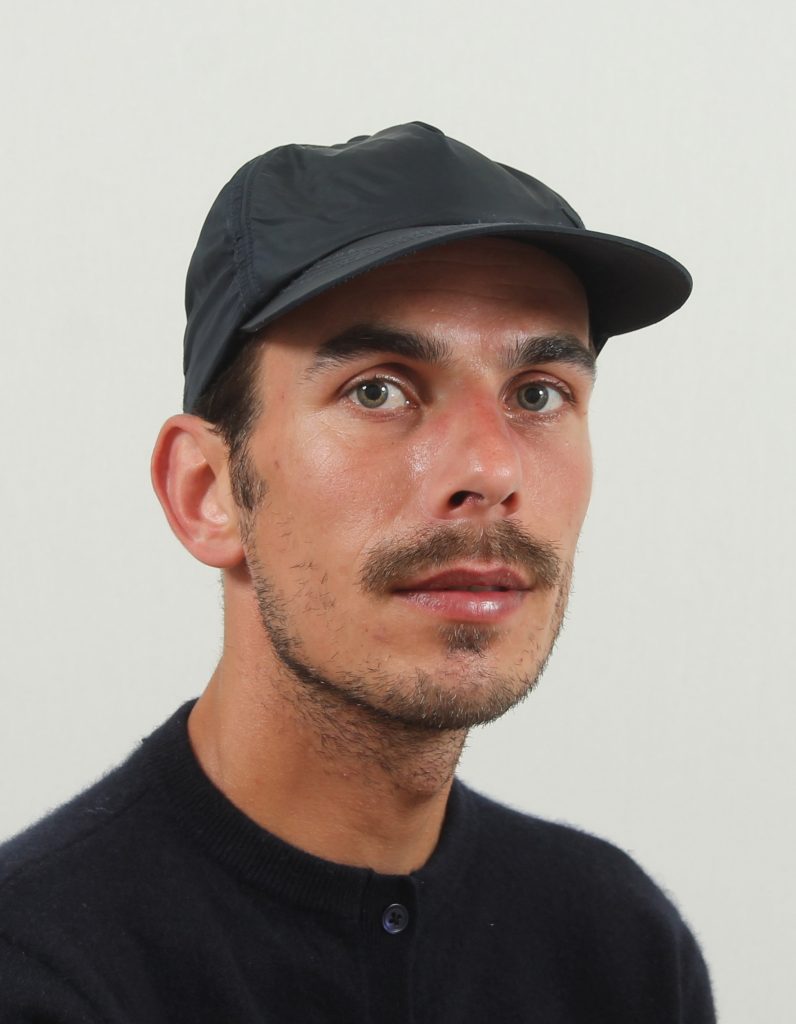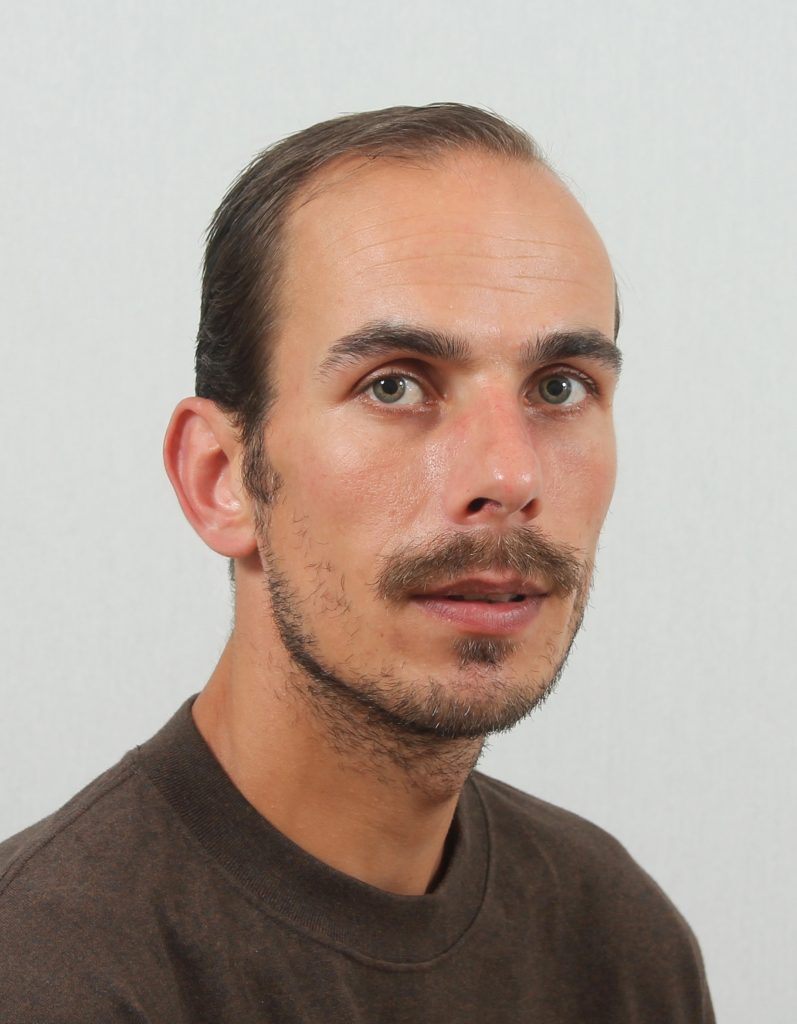(2020-)
… he threw himself onto the neck of the animal to defend him from the blows and immediately burst into tears – the beginning of the madness from which he never recovered.
We live in an individualistic world that is devoid from absolute certainties, forcing us to hide behind good appearances and make-pretend. Our culture is driven by notions of success and rationality. It condemns otherness, the irrational and everything that is deemed unproductive, inconvenient or flawed. Our public health system is mainly geared towards physical health; our educational system is struggling to cater to the student’s needs – we persist in responding to ‘How are you?’ with ‘Good!’. We feel obliged to deny our fears and anxieties in a world that is public, hostile and flooded with crises. Mental illnesses and challenges are tabooed but ever-present, hidden in plain sight, like the Turin horses that live around and within us.
‘Turin Horse; Physicality of Wellbeing’ is an experiment in breaking down the stigma on mental wellbeing in (working)relations and reflects on mental illnesses and challenges as being hidden – both physically and in representation. It builds on German philosopher Friedrich Nietzsche’s prolific writing on modern life and ‘self-overcoming’, but moreover how the writer fell into an ironic but irreversible madness upon seeing a horse in Turin being whipped by the driver of a chariot – an eery reminder that today’s world hasn’t changed much since, and the horses are still amongst and within us. With this project, Rik Dijkhuizen tries to push through a persistent culture that holds an uncomfortable place for mental wellbeing, in society, our social interactions and personal and professional relations.
The portraits are documentations/testimonies of moments of experienced loneliness, anxiety and the fear of failure. They are made by a local portrait and passport photographer who runs a shop that usually focuses on making ‘representative’ portraits according to pre-set rules and cultural conventions. By choosing to be photographed during moments of personal struggle, Dijkhuizen places himself actively in a situation that isn’t accustomed to-, but would benefit from a more open and negotiating (visual) dialogue. Over the course of consecutive sittings – and without the photographer fully knowing about the artist’s intentions – the artist explores if/when/how the conventional dynamics in (working)relations can be redefined into ones that are more supportive of mental illnesses and challenges and take away the stigma that surrounds it.
–
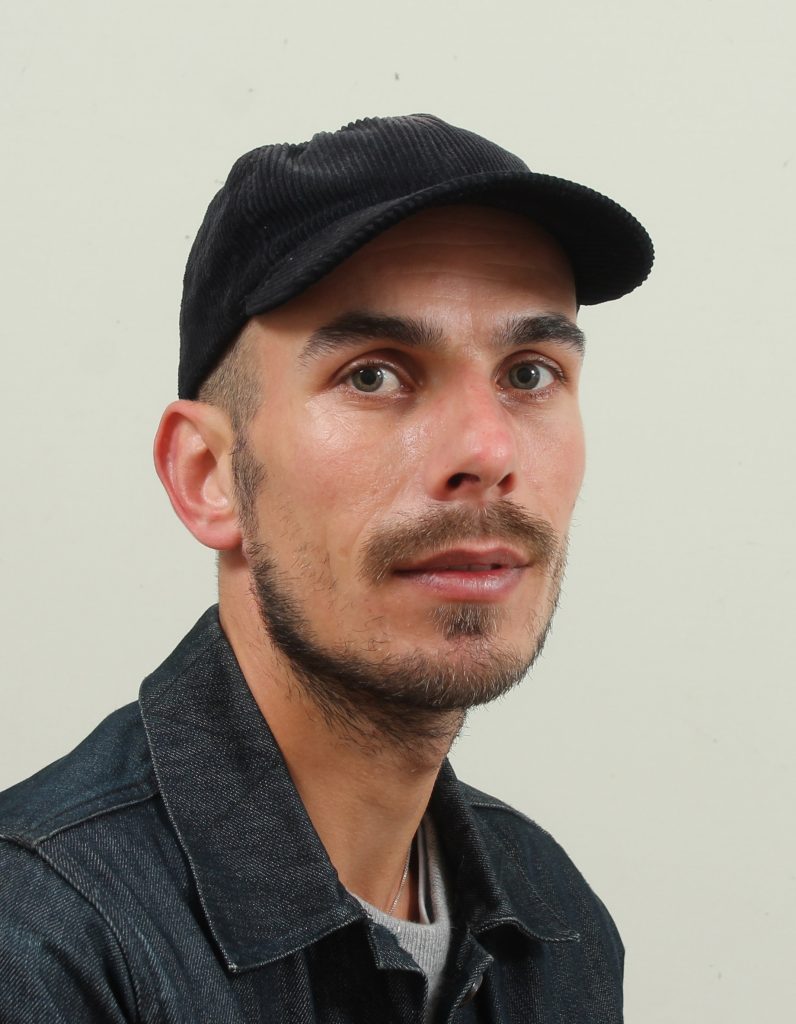
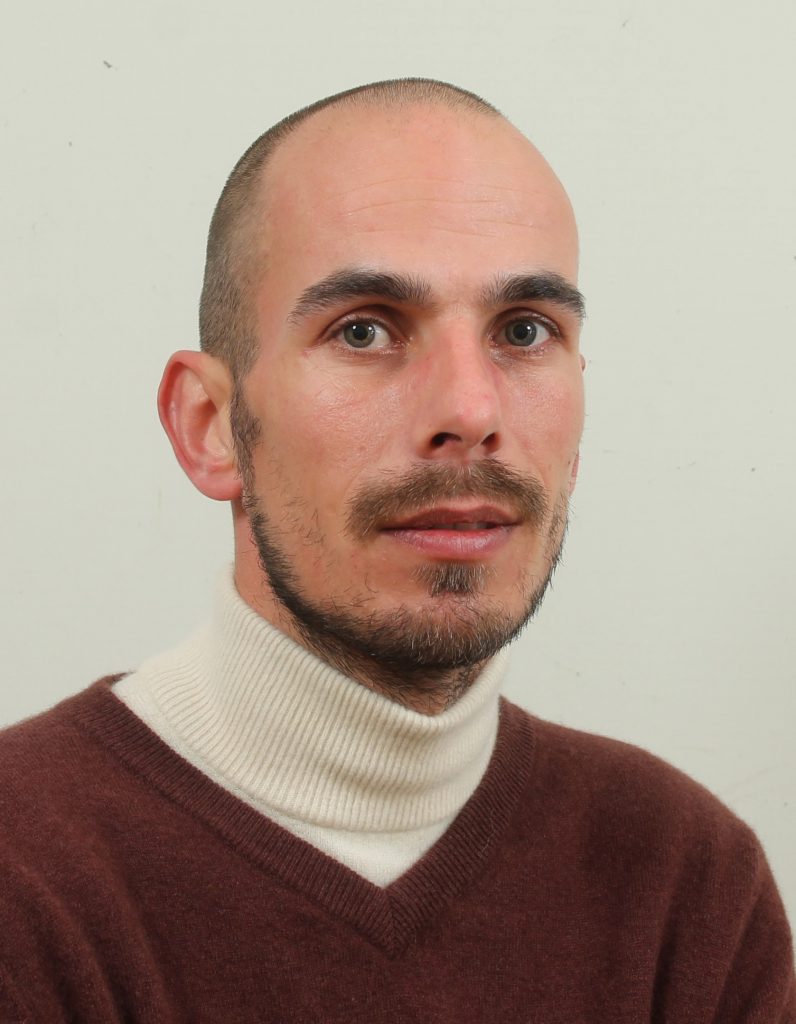
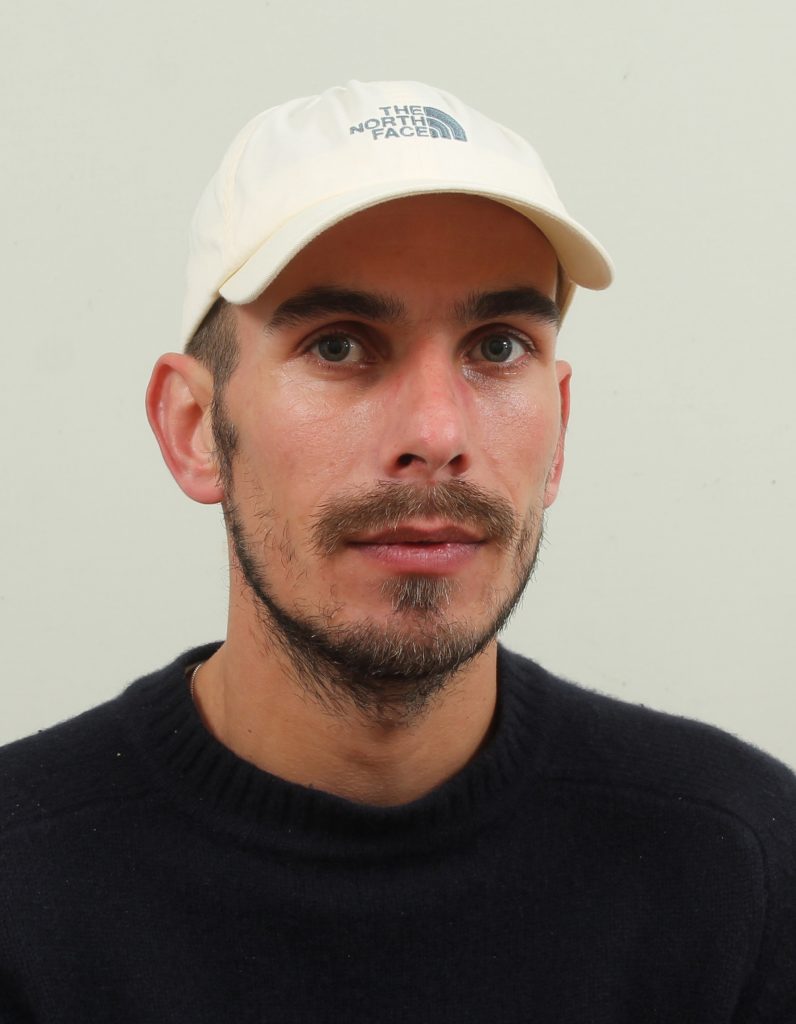
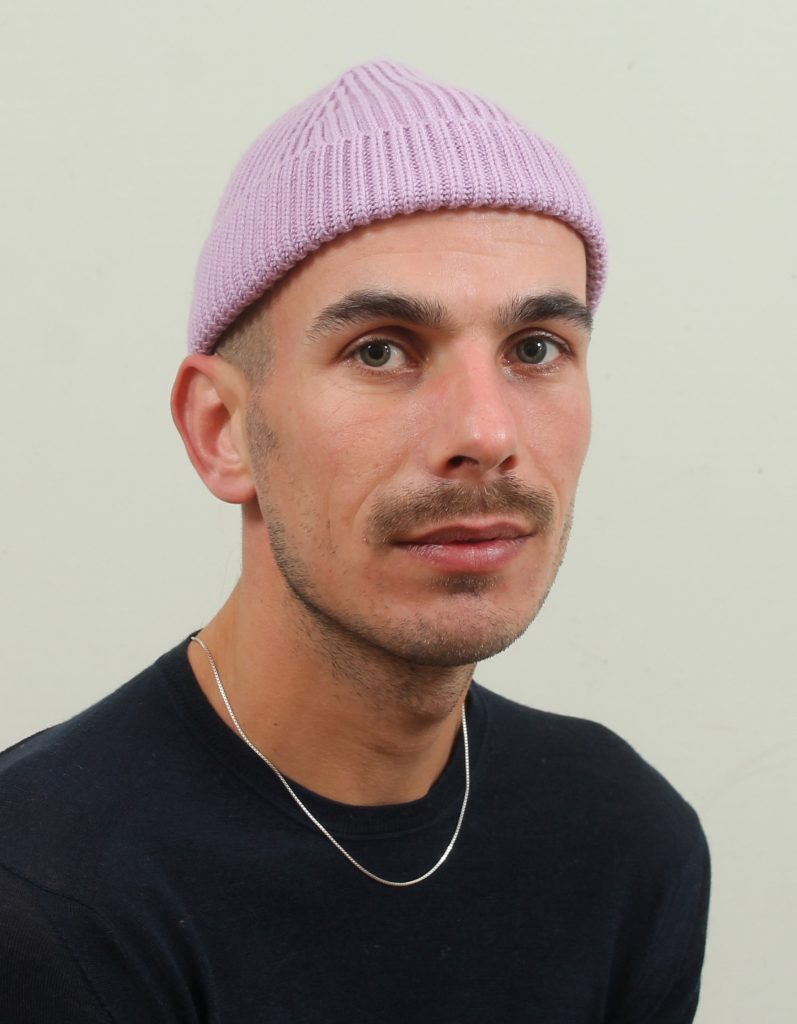
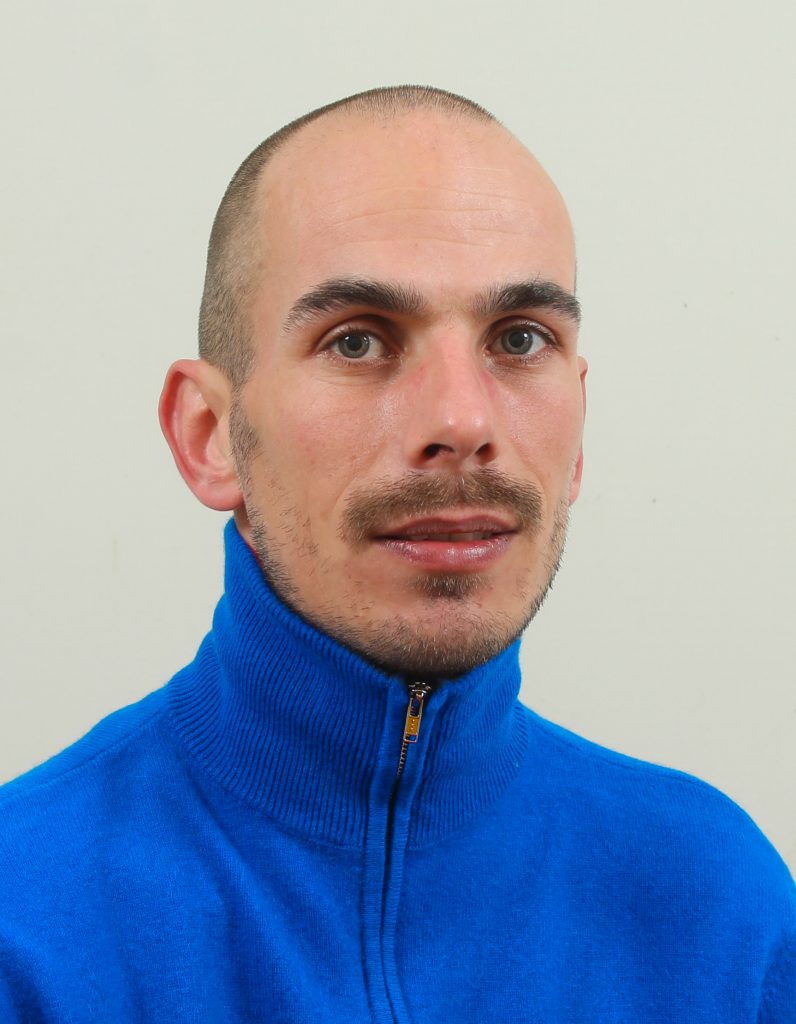
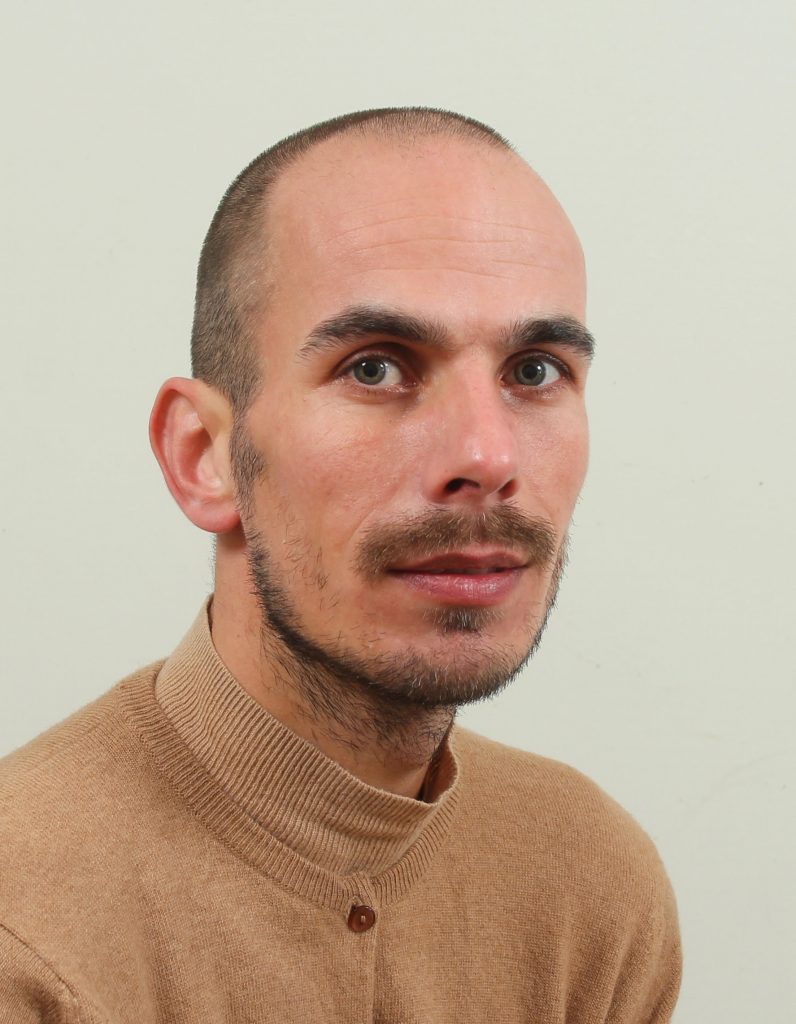
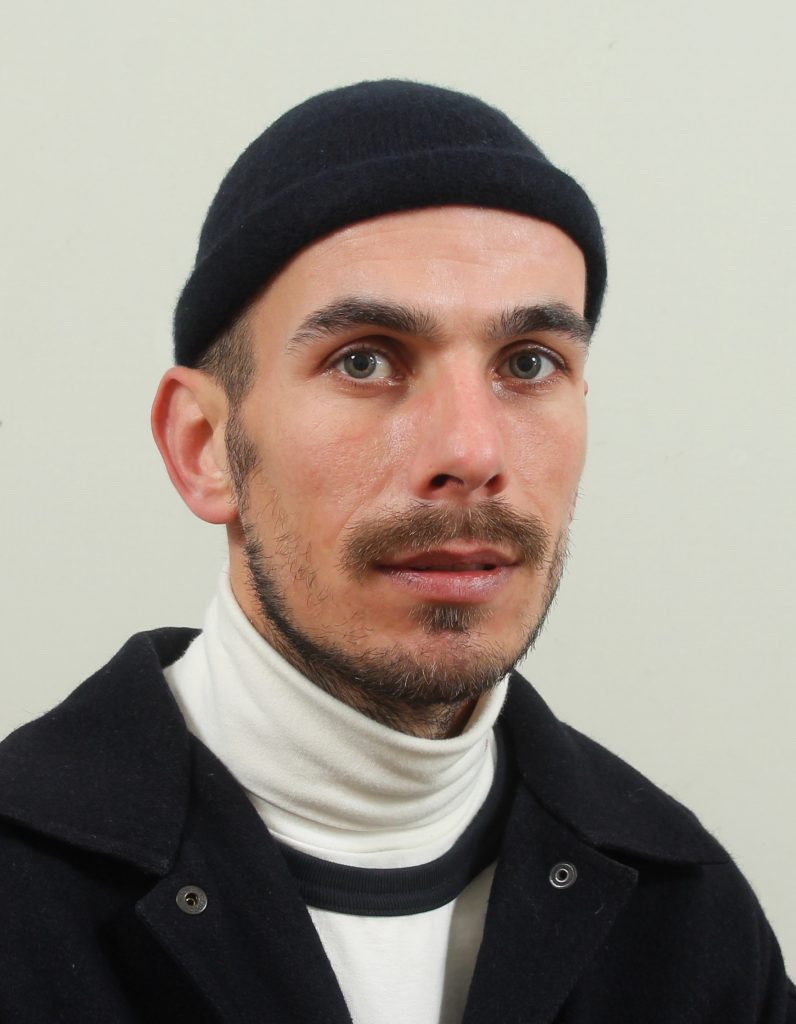
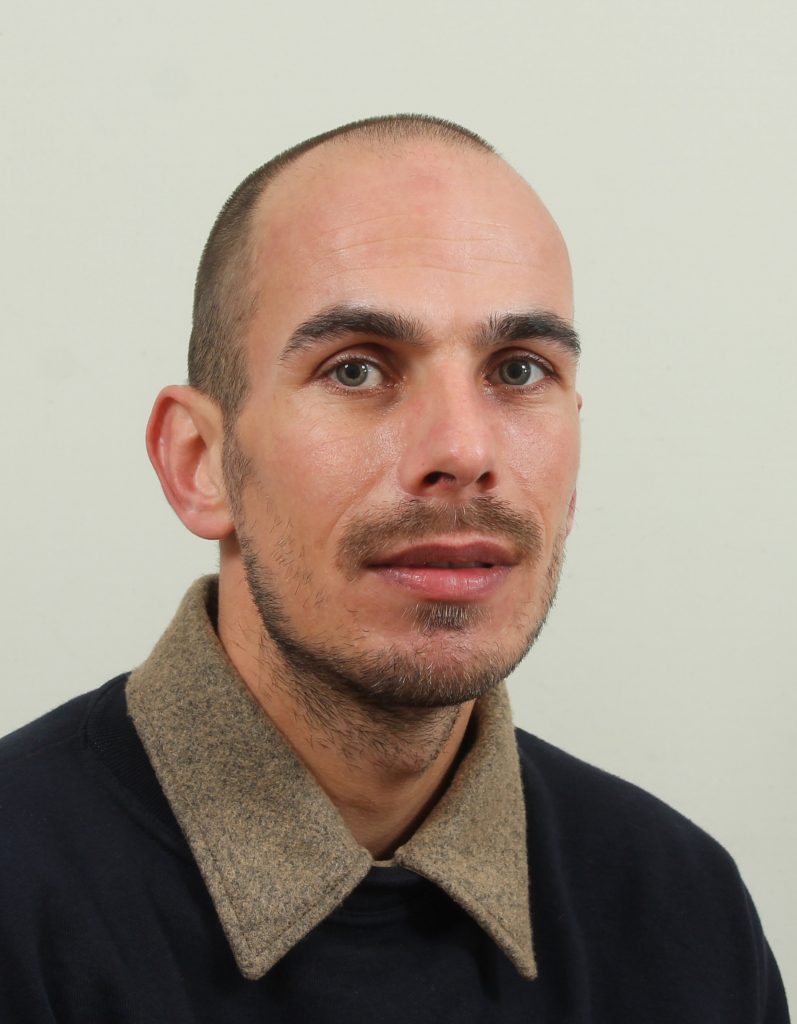
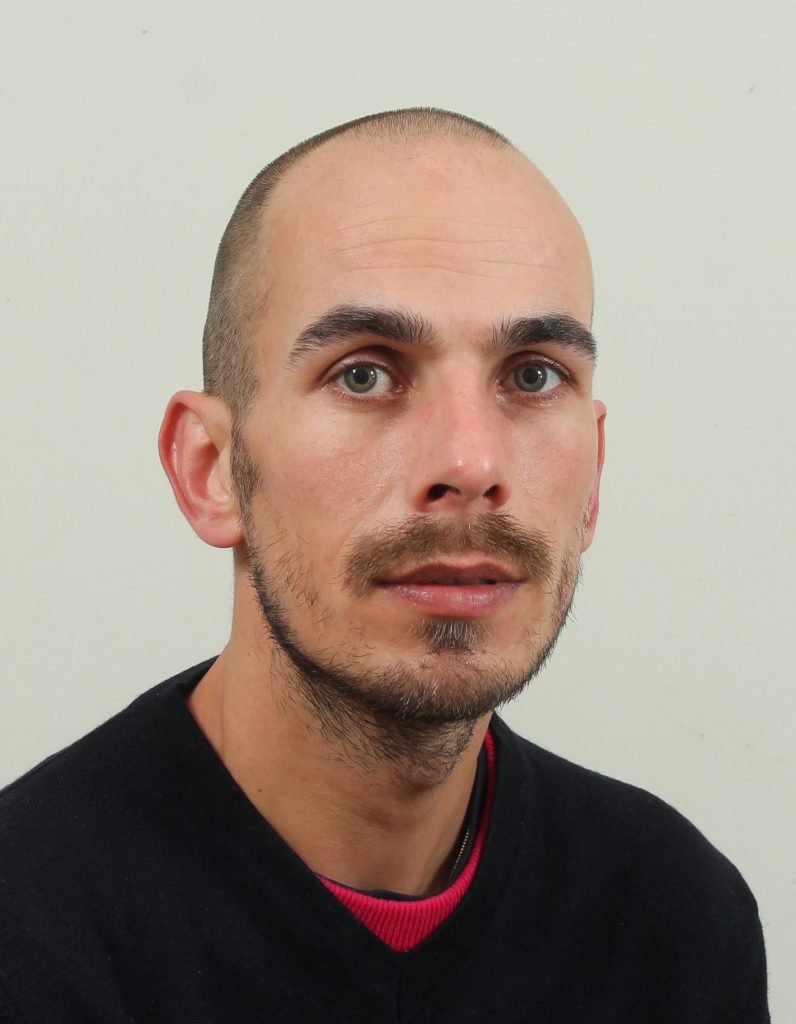
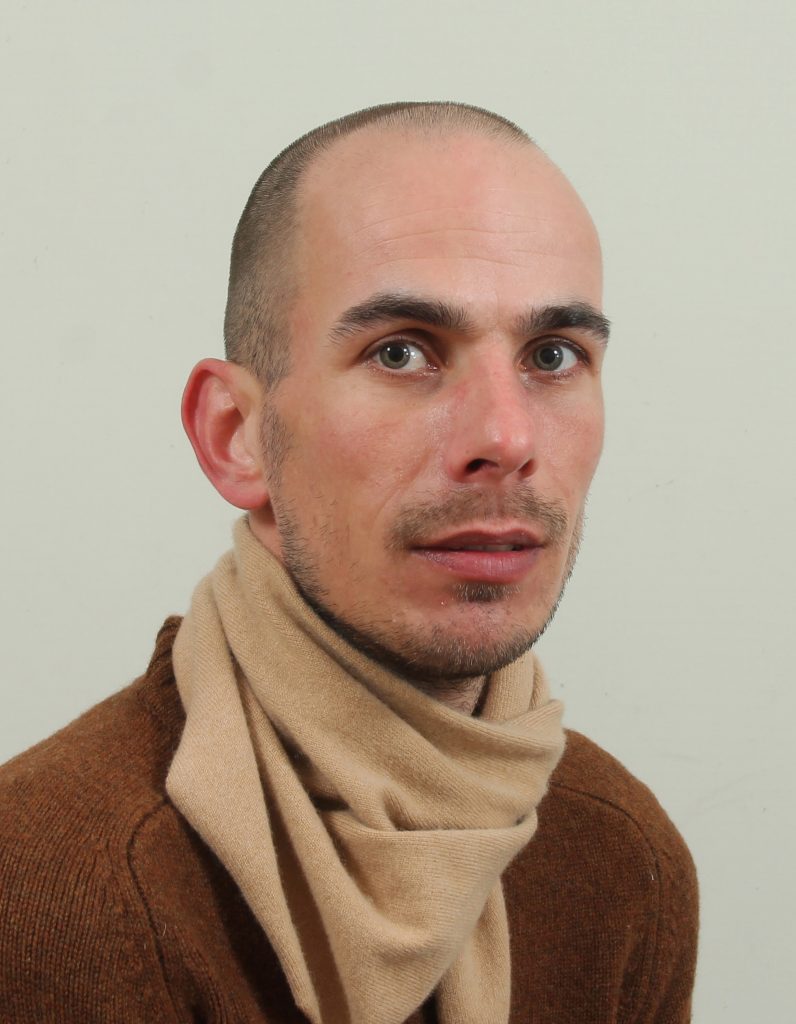
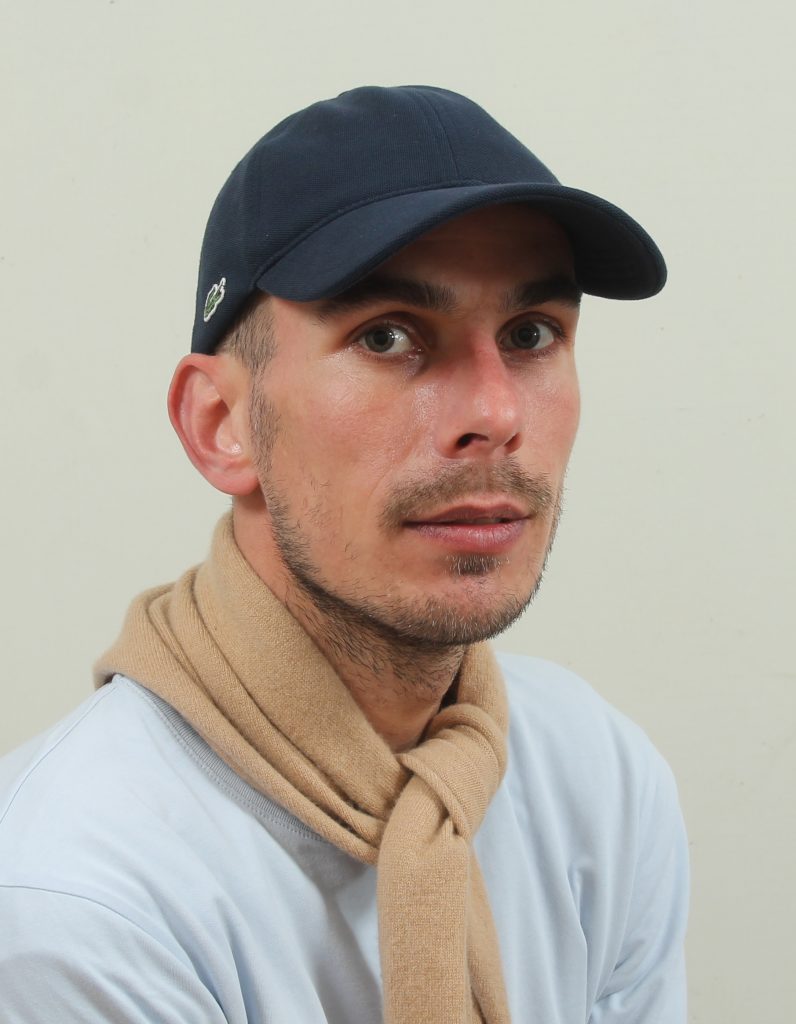
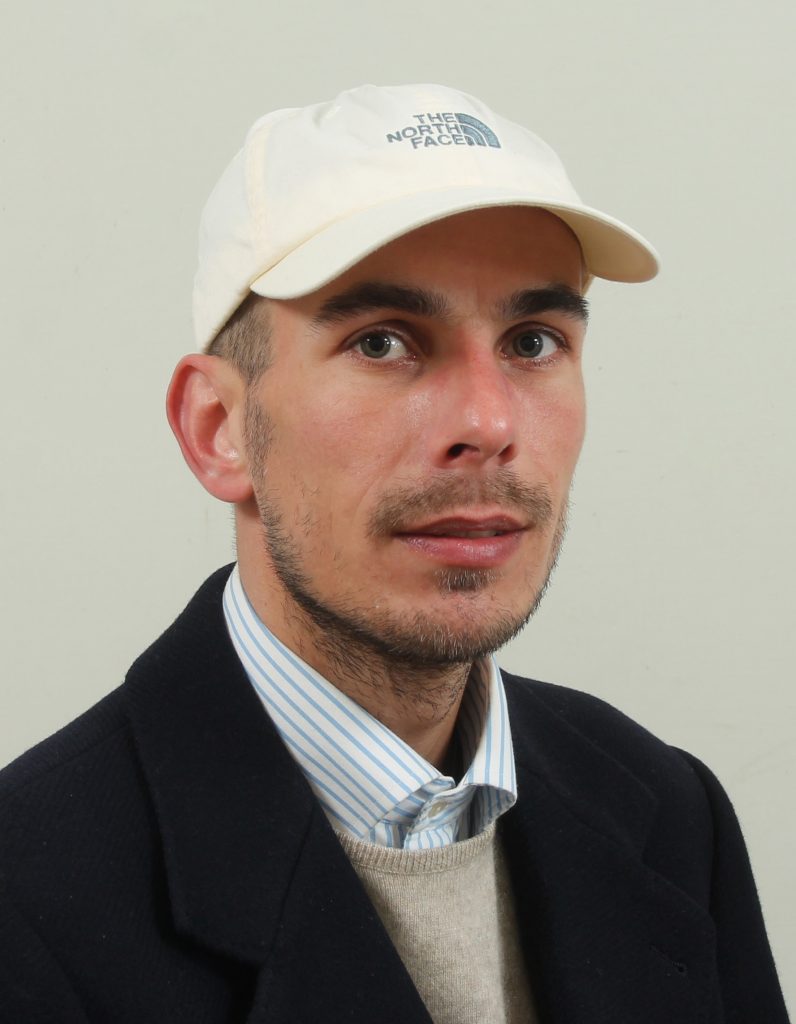
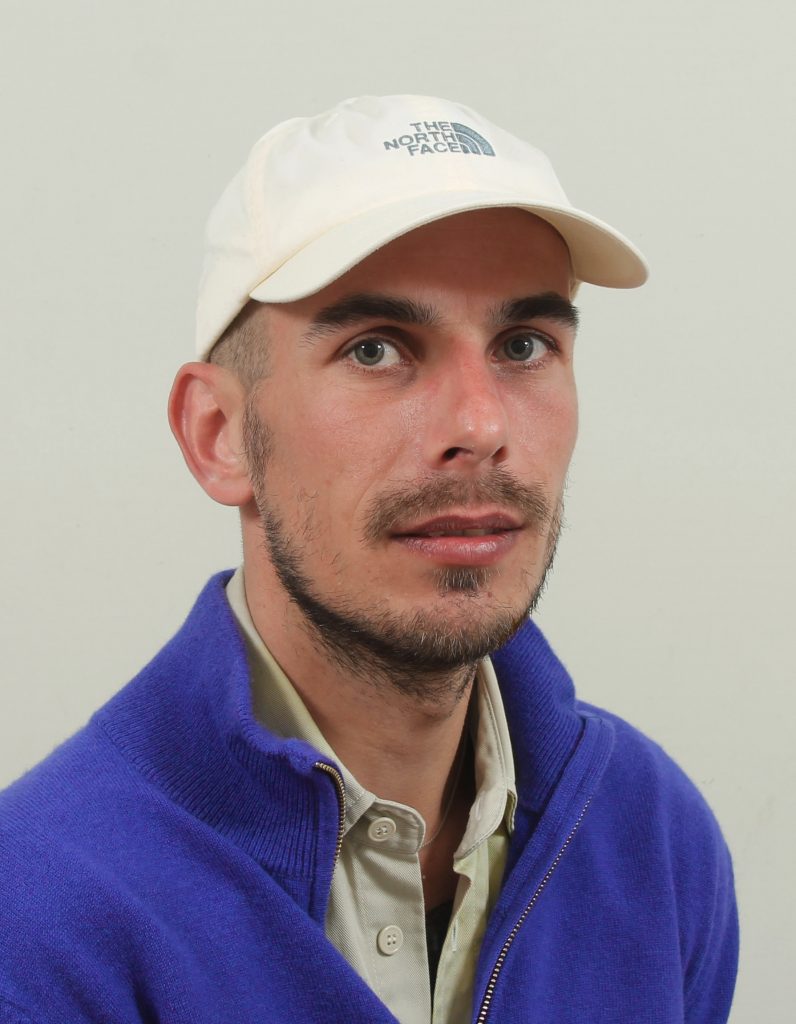
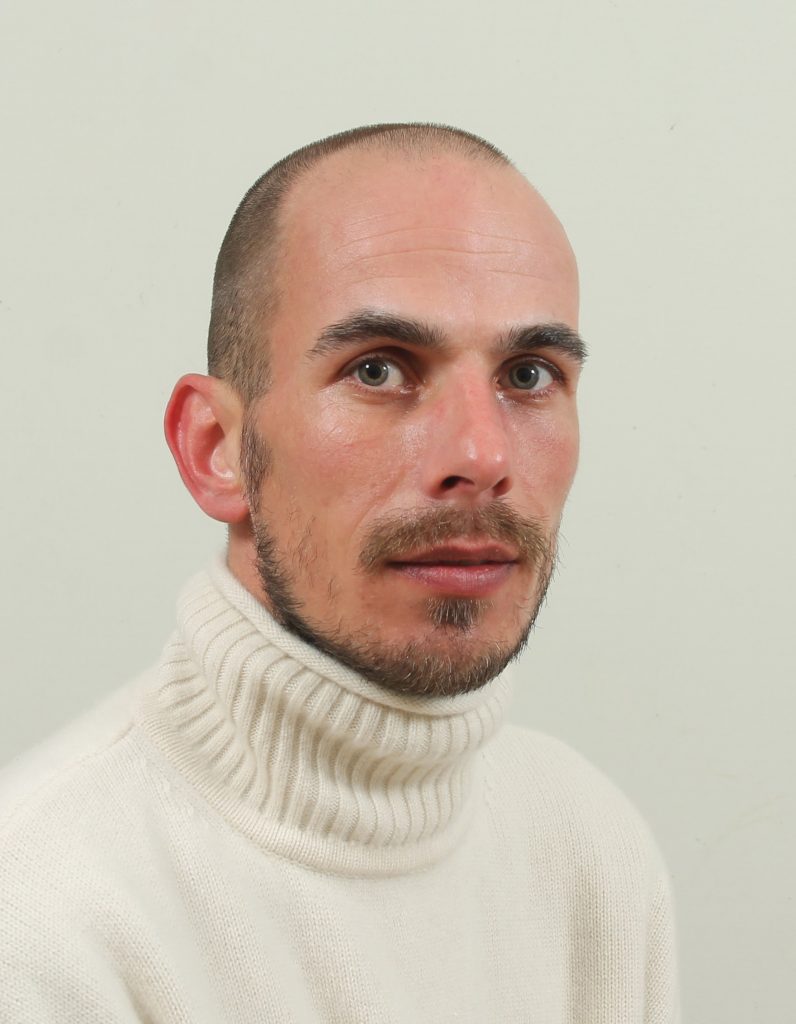
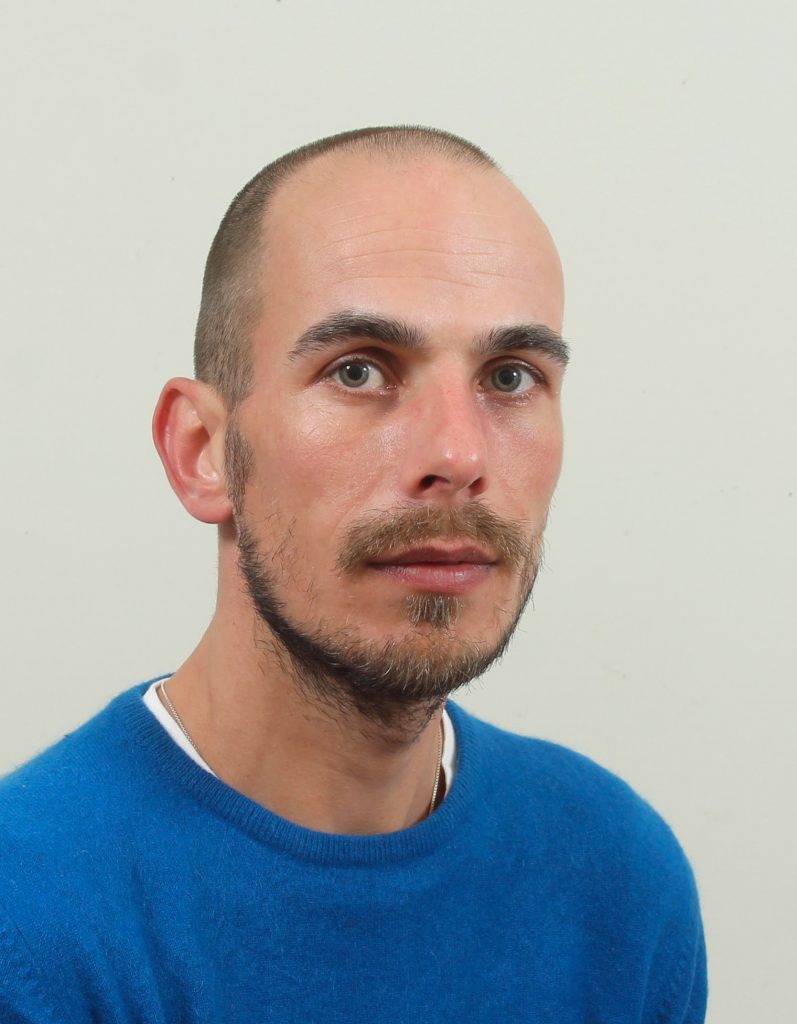 Turin Horse #61
Turin Horse #61
